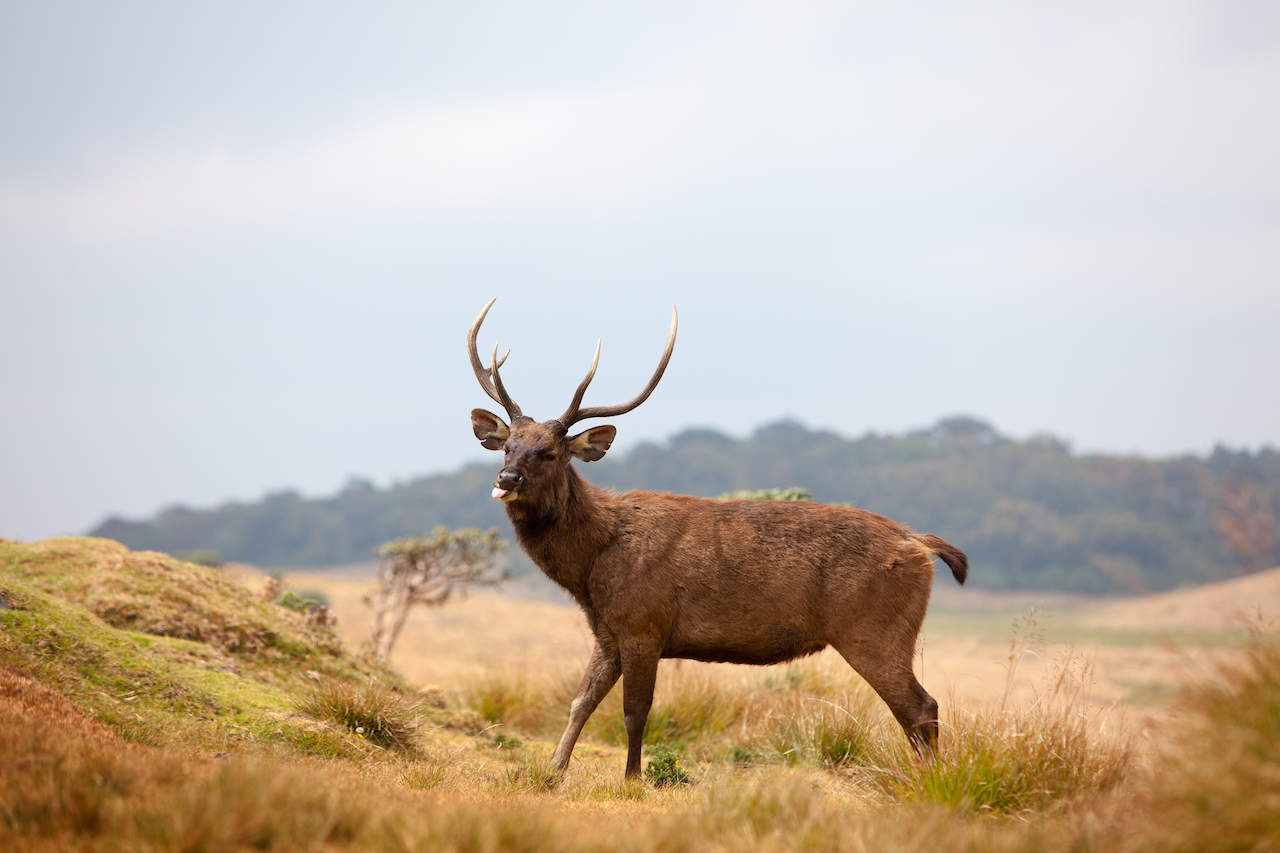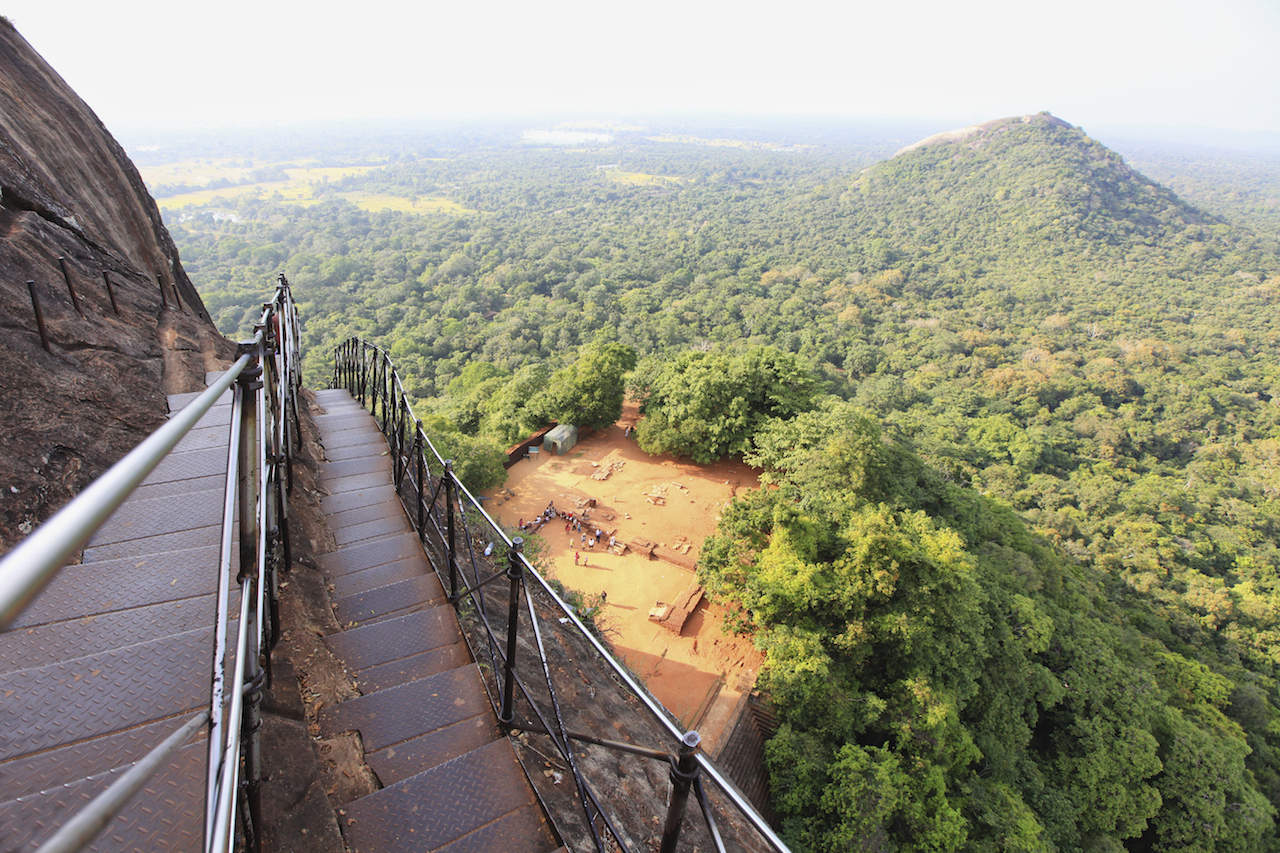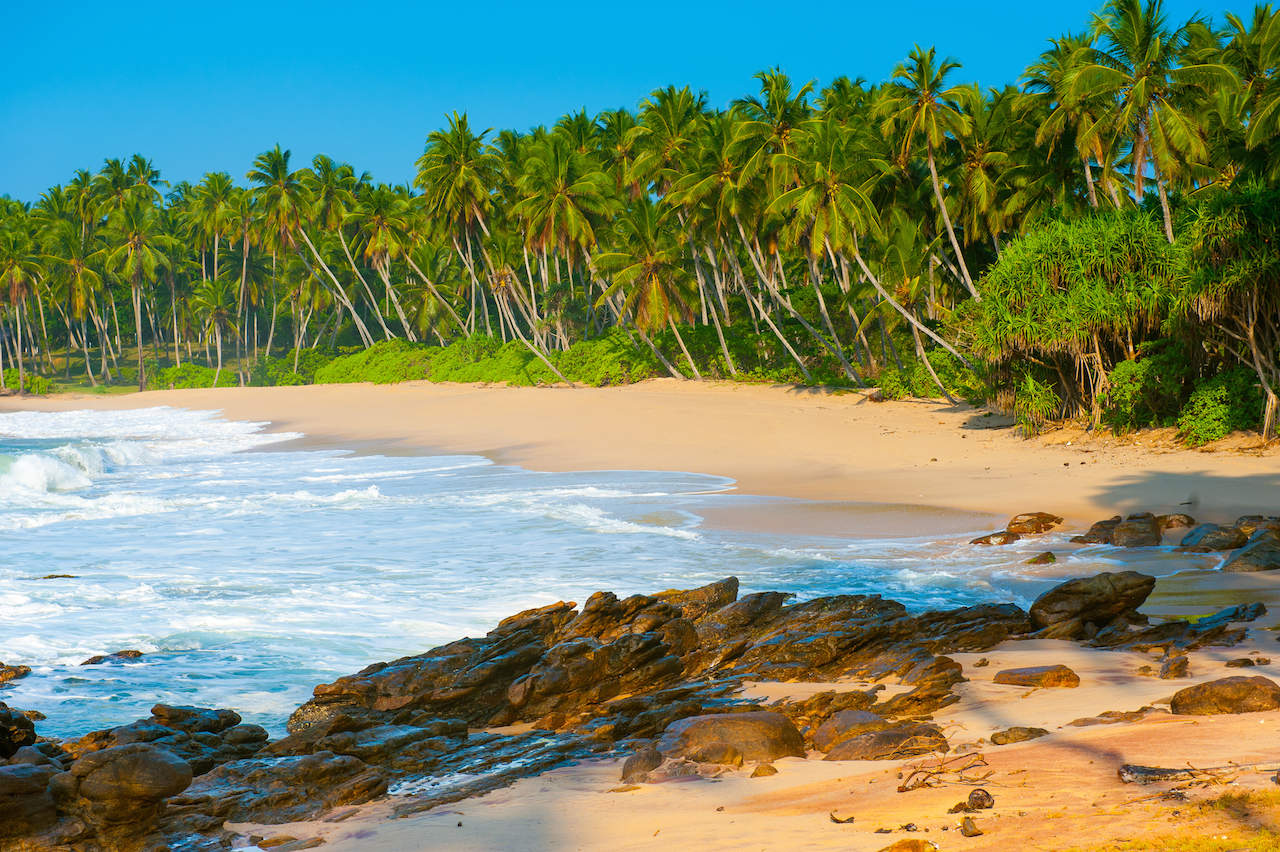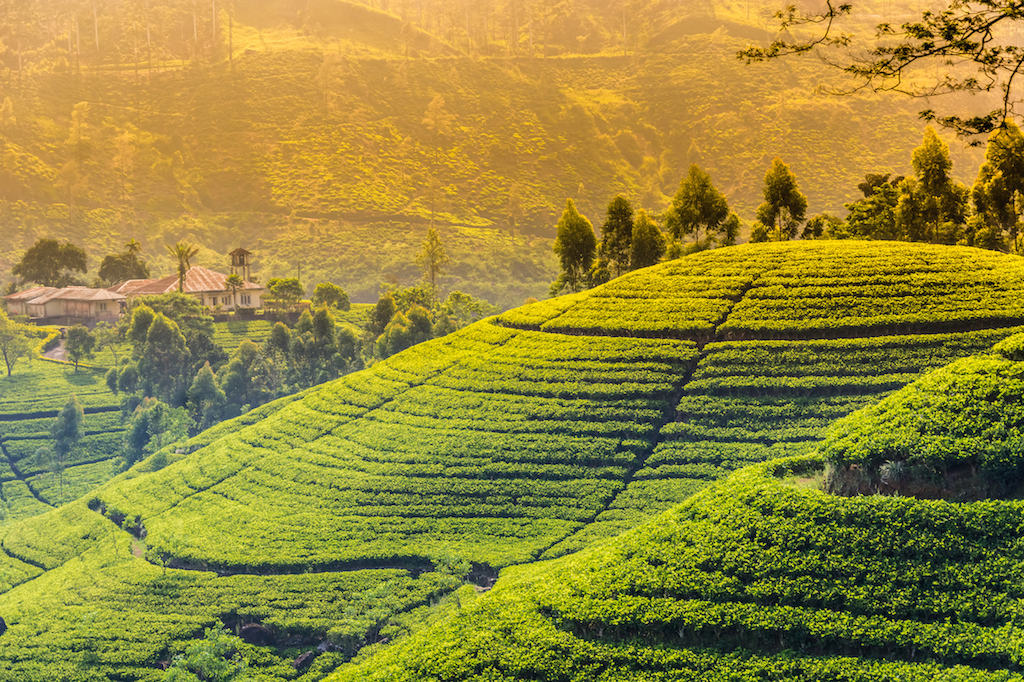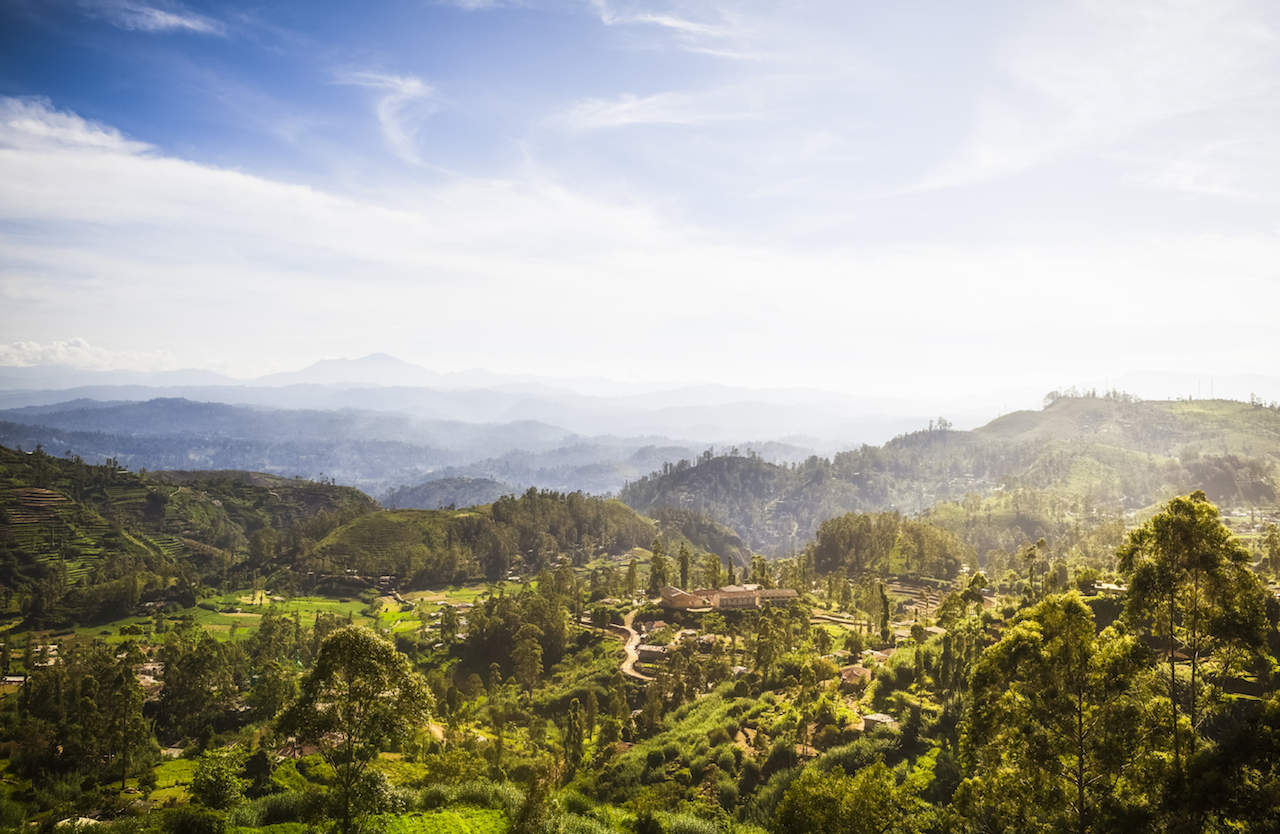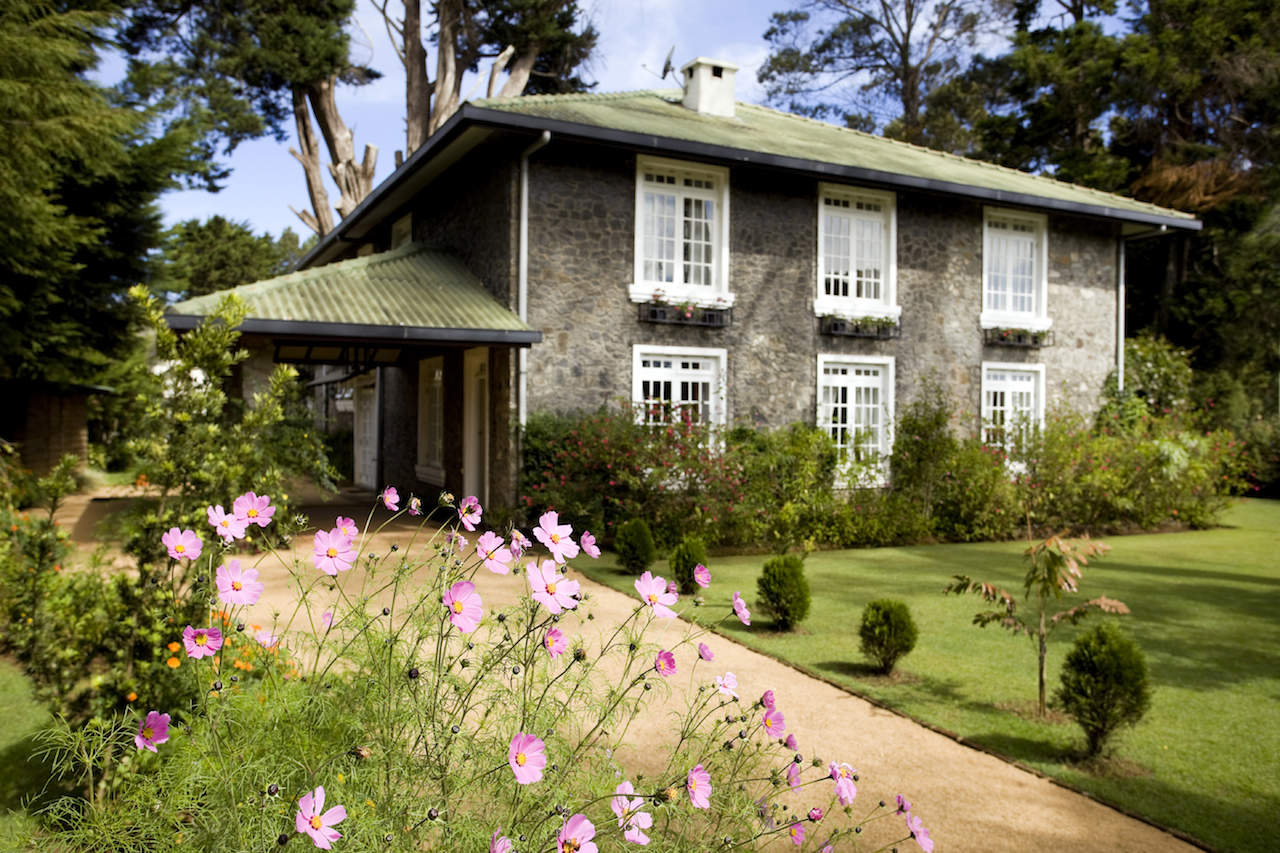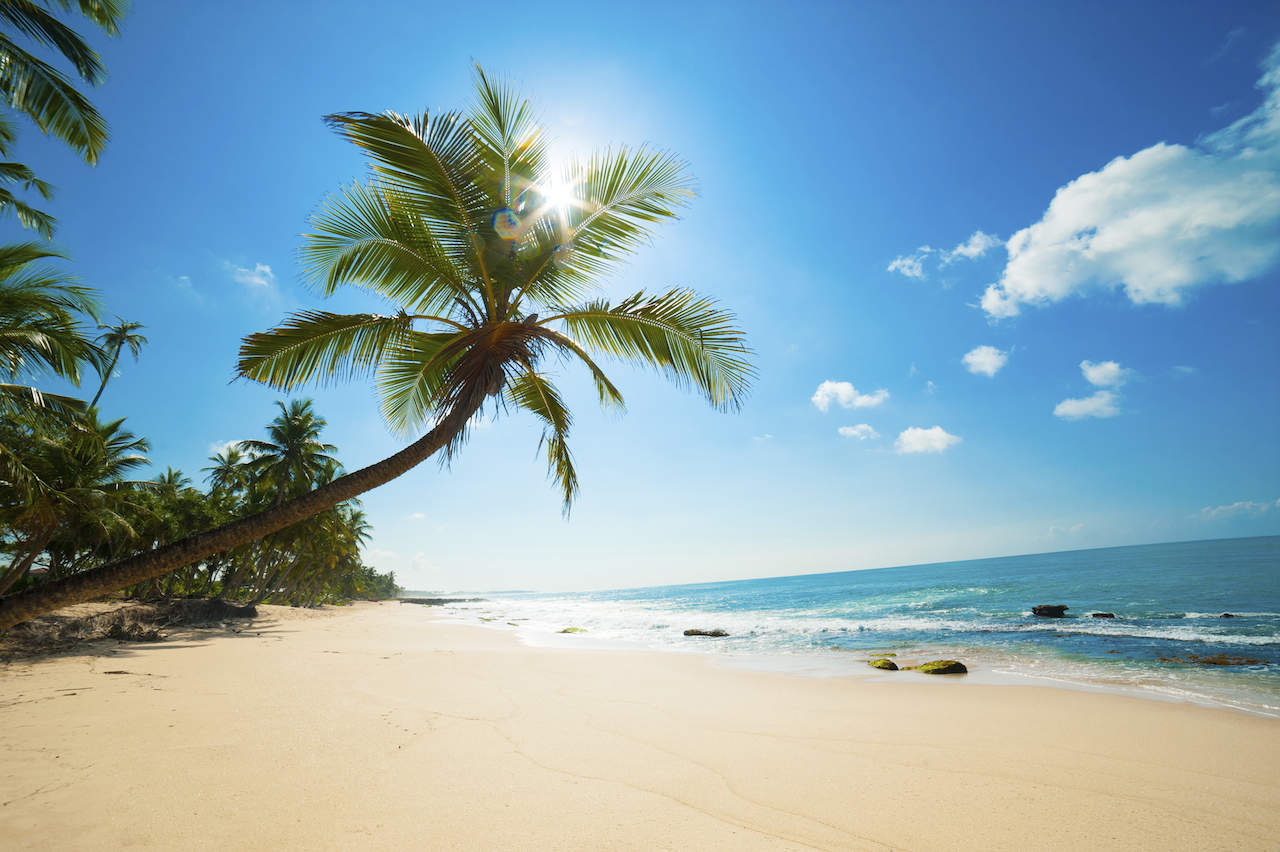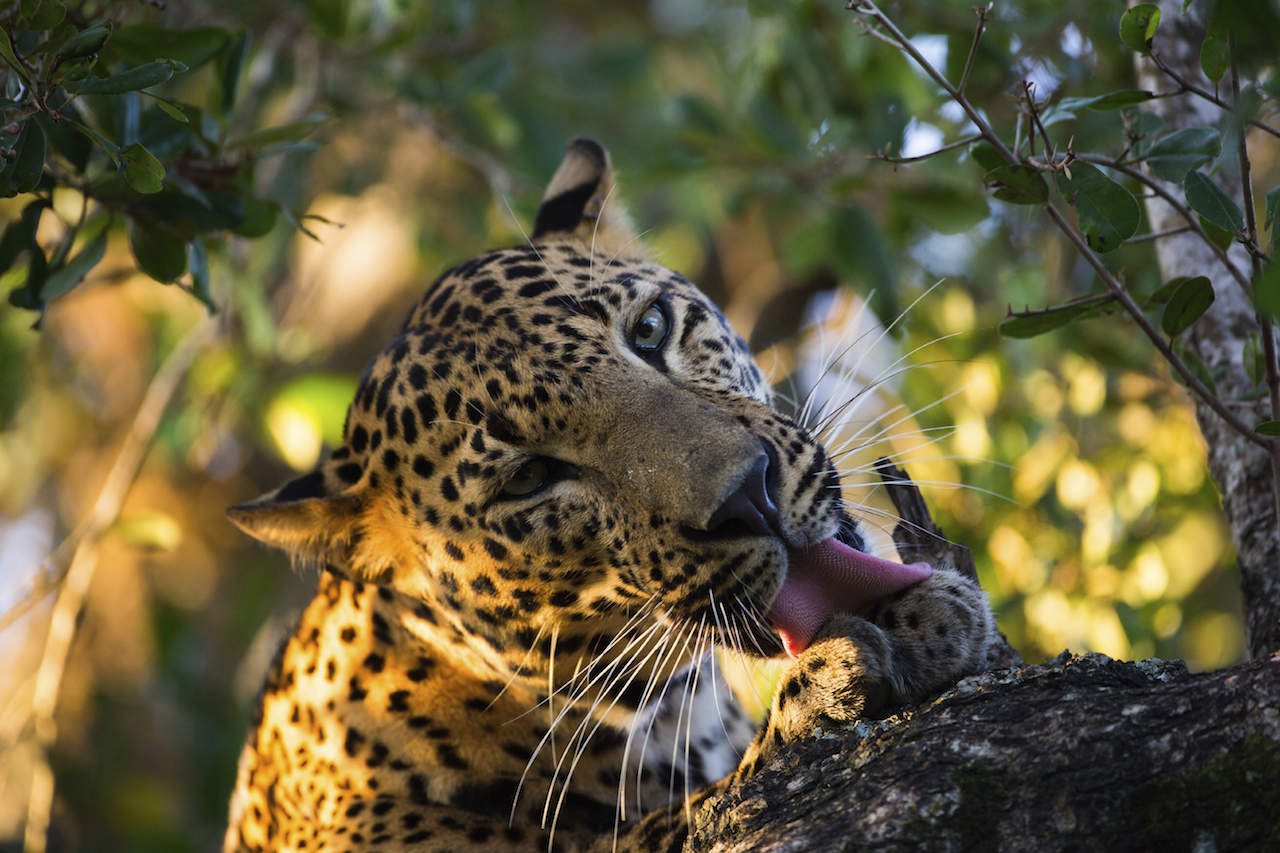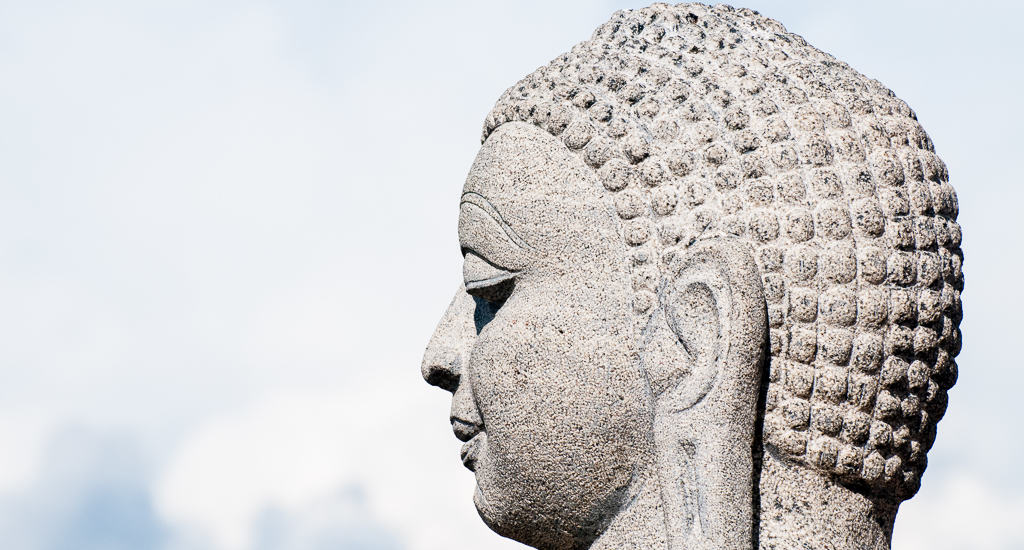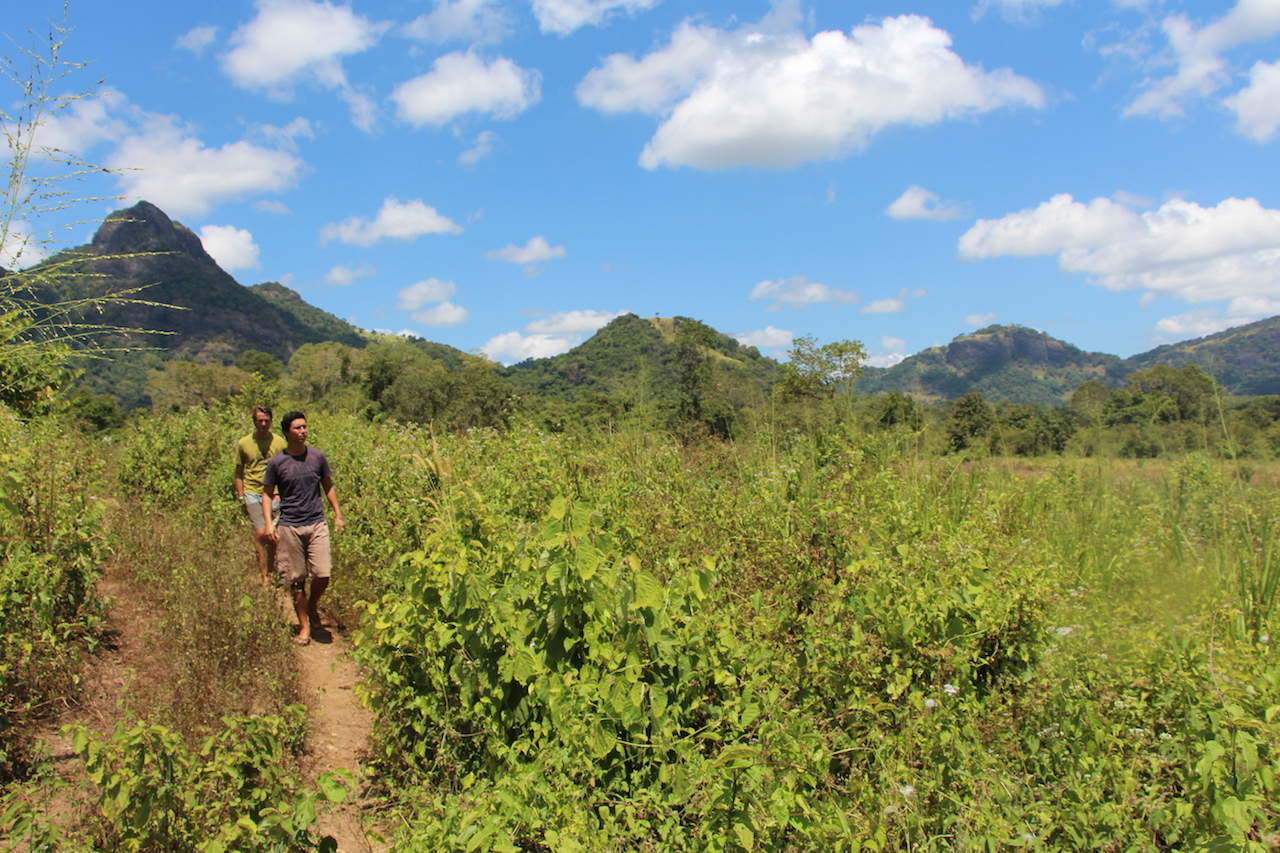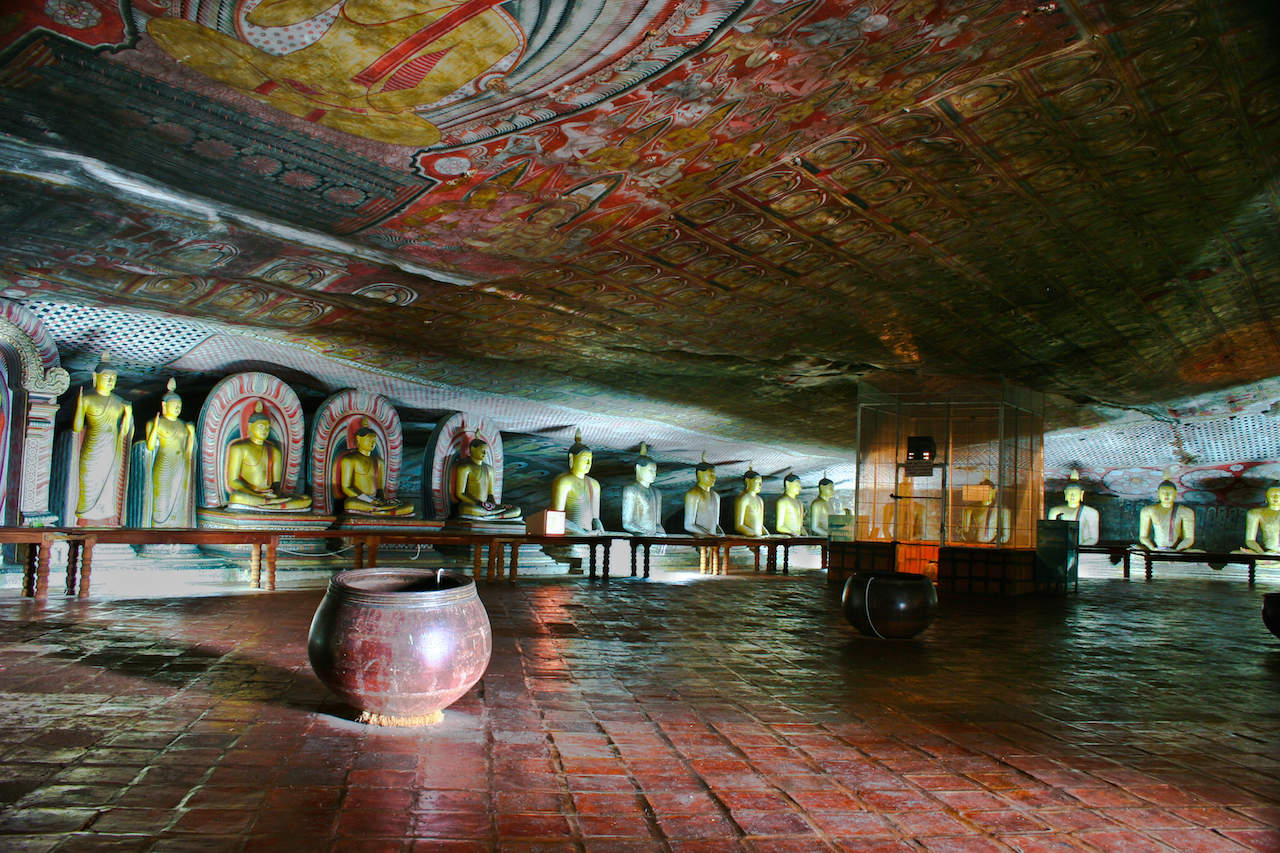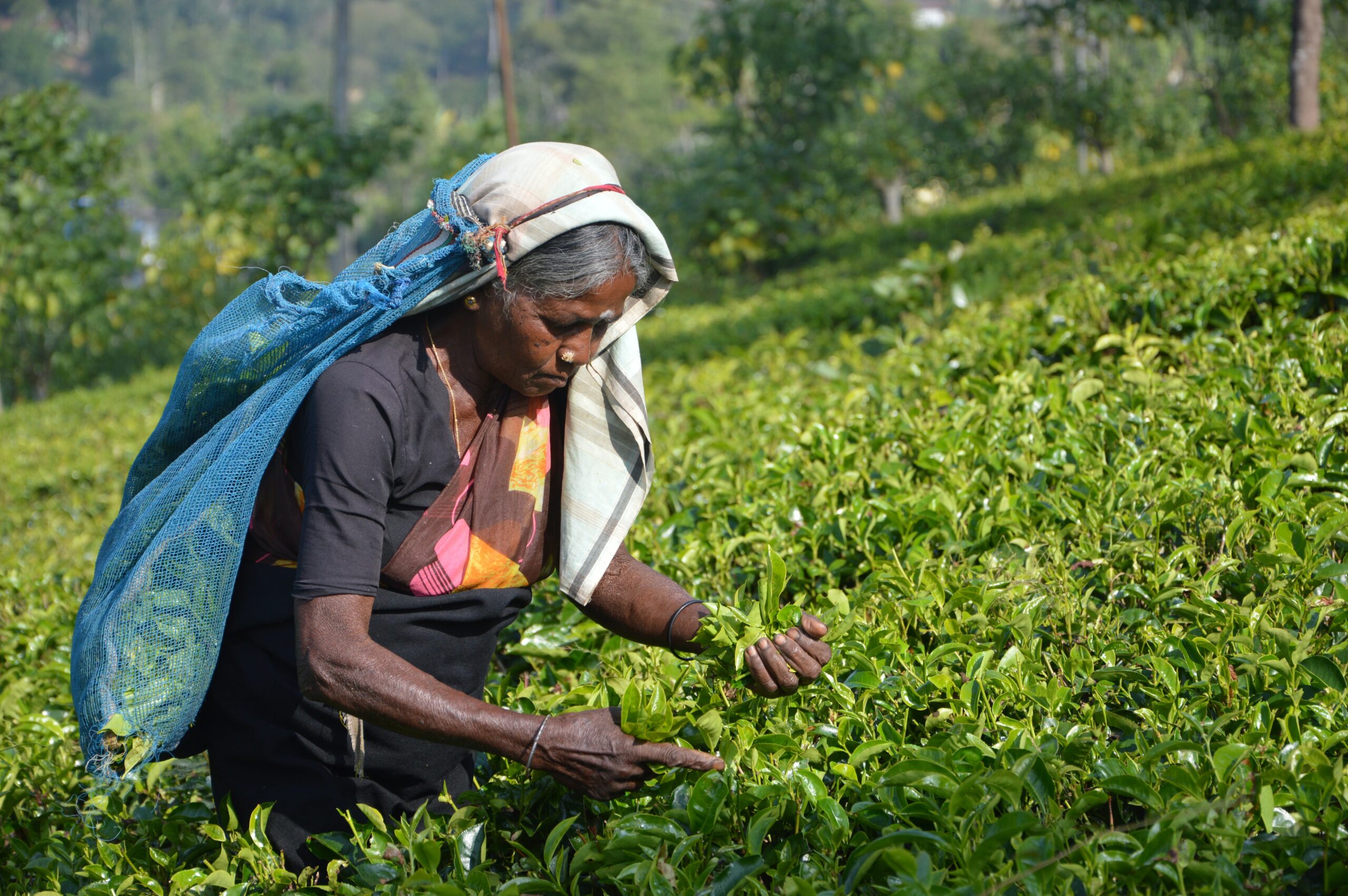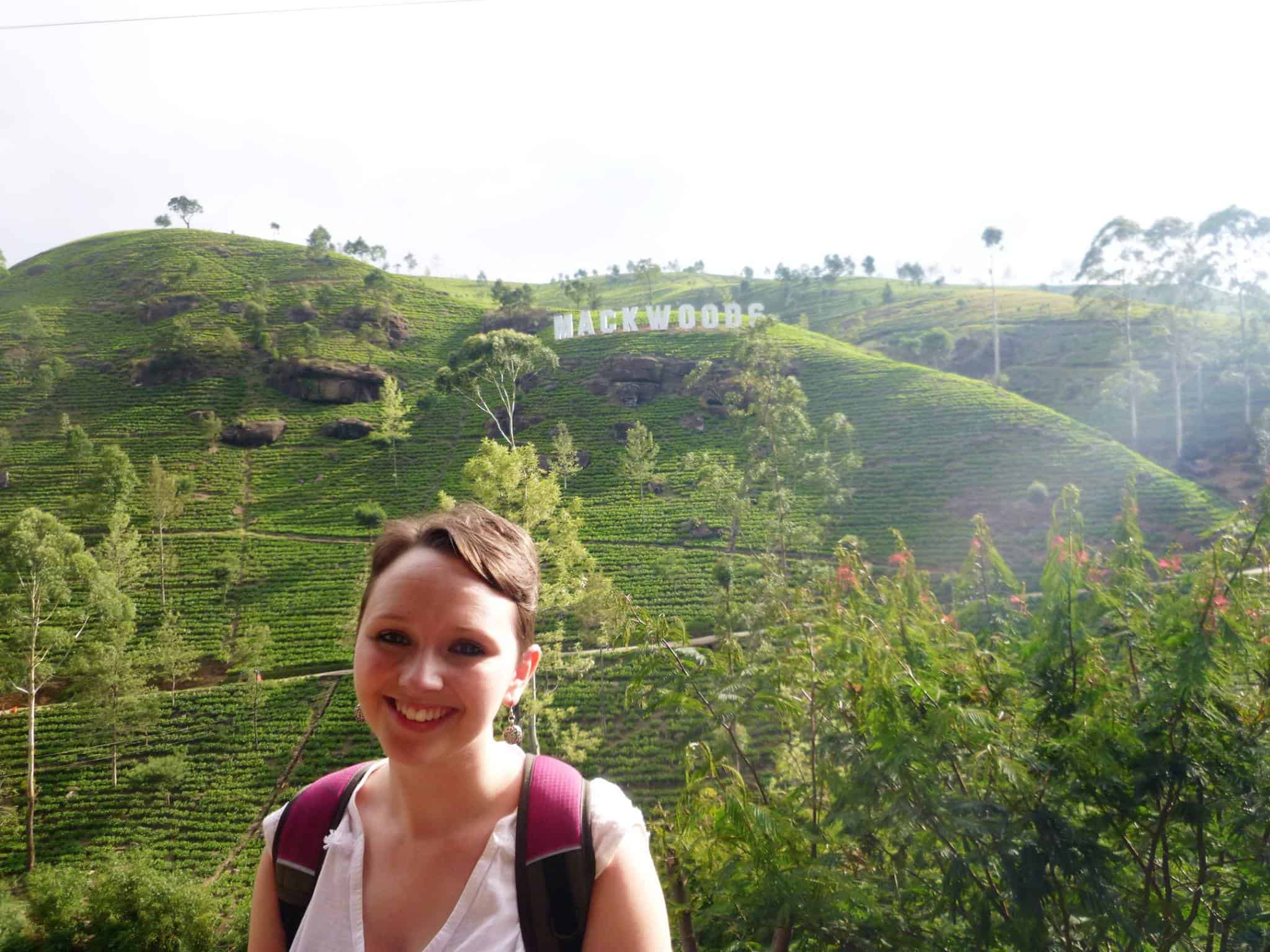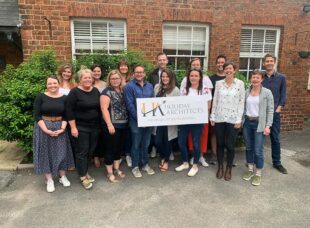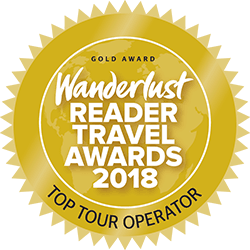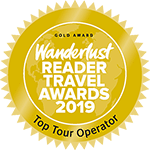Overview
For many years travellers have passed by Sri Lanka on their way to India or Southeast Asia. Years of war have kept Sri Lanka off many itineraries, but now the war has ended this impossibly green, spectacular and affordable teardrop shaped destination has opened its doors. Lapped by the Indian Ocean, Sri Lanka is home to endless beaches, year round sunshine and eight UNESCO World Heritage Sites. It’s a haven for wildlife; it has the highest density of wild elephant in Asia and several of its national parks are home to leopard. The misty heights of the hill country invite trekkers and cyclists, while others enjoy its verdurous tea plantations from the comfort of a train. There’s ancient cities, timeless ruins, colonial forts, rich lowland jungles, primary rainforest, dazzling white beaches and even blue whales. No other country packs so much into such a small place, so for those who don’t like long journeys, Sri Lanka’s for you. What’s more the smiling faces that welcome you here are genuine, Sri Lankans are some of the nicest people you’ll meet.
Food & Drink
Eating in Sri Lanka is wonderfully varied; the staple diet of Sri Lanka is rice and curry but whilst travelling you will be temped with food found in many of the old colonies as well. Sri Lankan curries are usually fairly hot; they often feature chicken or vegetables but mainly fish and are very coconut based, heavily influenced by Kerala in southern India. You’ll find string hoppers on many menus; these are made from hot water dough made from rice or wheat that are then pressed out into little wicker mats. These are the perfect accompaniment for the traditional curry. If you are staying in fairly upmarket boutique hotels dining is a real treat and you’ll be able to choose from traditional food and more Mediterranean inspired dishes. We generally find that most people eat inside their hotels, as they are mostly quite remote. However you will find a selection of good restaurants in Colombo and Galle.
When to Travel
Sri Lanka is a year round destination, but despite its small size there are regional differences with the weather. Therefore it’s important to know where to go and when. There are two very important monsoon seasons in Sri Lanka that dictates this.
The southwest ‘Yala’ monsoon
This brings rain to the west and southwest coasts, as well as the hill country from April/May to September. Generally the wetter months are April-June. During this period the northern part of the island, particularly around the ‘Cultural Triangle’ will be very dry and hot.
The northeast ‘Maha’ monsoon
This is less severe and hits the east coast from November to December. There’s also an inter-monsoonal period between October and November that can result in rainstorms across the island.
Put simply, the best time to visit the west, southern coasts and hill country is from December to March, while the best weather on the east coast is between April/May to September. March is a fantastic time to explore the whole island. Due to Sri Lanka’s proximity to the equator, the temperatures remain pretty steady year round. This generally varies between 26-30 degrees Celsius during the day. This cools considerably in the hill country so expect 18-22 degrees in places like Kandy.
Practicalities
Safety
Like in all developing countries it’s worth being diligent and exercising a common sense approach when travelling through the country. If you have any safety or security concerns we recommend that you read the FCO Travel Advice.
Flights
Sri Lankan Airlines, Qatar Airways, Emirates and Etihad Airways all fly to Sri Lanka, although Sri Lankan Airlines is the only direct option from London, with the others transiting via the Middle East. The flights to Sri Lanka are all overnight, allowing you to sleep on the way, maximising your time on the ground. We hold no allegiance to any particular carrier and have access to hundreds of different fares. Flights are quoted on a case-by-case basis, allowing us to search for the best possible deal for you. Please let us know if you have a preferred option, or if you would like us to look at upgrading your flights to Business Class.
Airport Taxes
Airport taxes should always be included in the cost of your ticket, we will inform you if there are any changes.
Time Zone
GMT + 5 ½ hrs
Flight Time
Approximately 10-11 hours to Colombo
Driving
We only use experienced drivers that are professionally certified, who can moderate their driving to meet with our expectations. Remember, you are in charge. If you feel your driver is driving too quickly or is behaving in any way that makes you feel uncomfortable you must say something to your guide immediately. If the driving does not instantly improve, we will secure a different driver for you. Self-driving is not an option in Sri Lanka.
Health
As we’re not medical experts we feel it is essential that you contact your G.P. well in advance of travelling. It is possible that you may need vaccinations, as vaccinations against a range of diseases are required for much of South Asia. Anti-malarial medication is sometimes a necessity, depending on your itinerary.
You can visit the Fit For Travel website for details of the recommended vaccinations for the particular regions you will be visiting on your trip. Another good website is The Travel Doctor, an interactive website providing specialist health information for travellers, plus customised lists of travel medicines, vaccines and malaria tablets.
Water
We advise that you don’t drink tap water in Sri Lanka. Bottled water can be found throughout India at a very affordable price and safe filtered water is often available in restaurants and hotels. Please be aware of the environmental implications of drinking bottled water and attempt to refill them with filtered water where possible.
Passport and Visas
All foreign nationals (excluding Singapore, Seychelles and Maldives) require an Electronic Travel Authority (ETA) to visit Sri Lanka. This is easy and can be arranged in advance by filling in your details on-line and paying by debit or credit card. You can apply for a 30 day or 180 day ETA visa, depending on the length on your itinerary. Visit http://www.eta.gov.lk/slvisa/ for full details.
It’s very important that you have at least one blank page in your passport and at least 6 months validity from your return.
Money and Tipping
The Sri Lankan currency is the Rupee (Rs). It is technically a ‘closed currency’ so you will need to get this on arrival in Sri Lanka. Your chauffeur guide will assist you with this. There are plenty of ATMs throughout Sri Lanka, but mainly in the larger towns. Tipping is a standard practice in Sri Lanka, but only as a reward for good service. We recommend approximately Rs1500-2000 per day / per couple for the chauffeur guide, Rs500 for a driver in the national parks, Rs200 for a tracker in the national parks and Rs50-100 per bag for hotel porters.
Electricity
The electric current is 230-240V AC and sockets are the three round pin types. European plugs should go into these sockets. We recommend taking an adaptor with you.
Communications
The country phone code for Sri Lanka is +94.
Swimming
Swimming in the ocean around Sri Lanka is a wonderful pleasure, however in some areas the coastline is rocky and the sea can become rough due to strong currents. Remain cautious and if in doubt only swim if there’s a lifeguard nearby.
Travellers Code of Conduct
– We provide all of our clients with a “Travel Facts” document upon confirmation of your booking. This details useful facts and travel advice for your chosen destination, including restaurant recommendations, reading tips, basic language, cultural traditions, climate information and brief historical overviews. We feel that this offers a useful insight into the country you are visiting, and can help you interact with local residents in a more sensitive, well informed manner. Please try to take the time to read this information before your visit, if at all possible.
– A number of the countries in which we operate holidays are religious societies with a widely observed set of customs. Always respect these norms, particularly when visiting religious buildings.
– To the best of our knowledge, all of the hotels, lodges and camps within our portfolio operate stringent measures to minimise water usage. Many of our destinations have issues with water supplies to a certain extent so feel free to raise any possible wastage should you encounter it during your stays, either with the accommodation or with us upon your return.
– Please ask before taking photographs of people, and respect their wishes should an individual not be happy to be photographed. We find that friendly requests and a smile are usually met with assent.
– Strive where possible to make your own contribution to environmental practices within the destination you are travelling. This might include minimising your electricity usage, avoiding smoking in protected areas, sticking to marked roads at all times while self-driving, avoiding coral while snorkeling and safely disposing of all litter (recycling where possible).
– Where possible, try to purchase from local suppliers. This includes shopping for souvenirs, eating out in restaurants and booking further excursions during your free time. In areas where haggling is an accepted part of daily life, don’t become angry or offended if you are unable to obtain what you perceive as a fair price for an item. We emphasise to local suppliers that our clients should never be taken on unsolicited shopping trips, but if this does happen, try to retain your sense of humour, provide a firm refusal to participate and tell us about this on your return. We pass on all feedback from every trip undertaken with Holiday Architects to the relevant local suppliers, who share our commitment to travelling with sensitivity.
– Please don’t remove any indigenous items from their natural habitat and attempt to bring them back as a souvenir. This particularly applies to coral, shells, plants and food in the natural world, and to cultural artifacts and antiques.
– If you are unsure about anything relating to the above, please feel free to ask our local suppliers or your Holiday Architects specialist. All of these people either live or have travelled extensively in the country you are visiting and will be more than happy to offer their considered advice.


